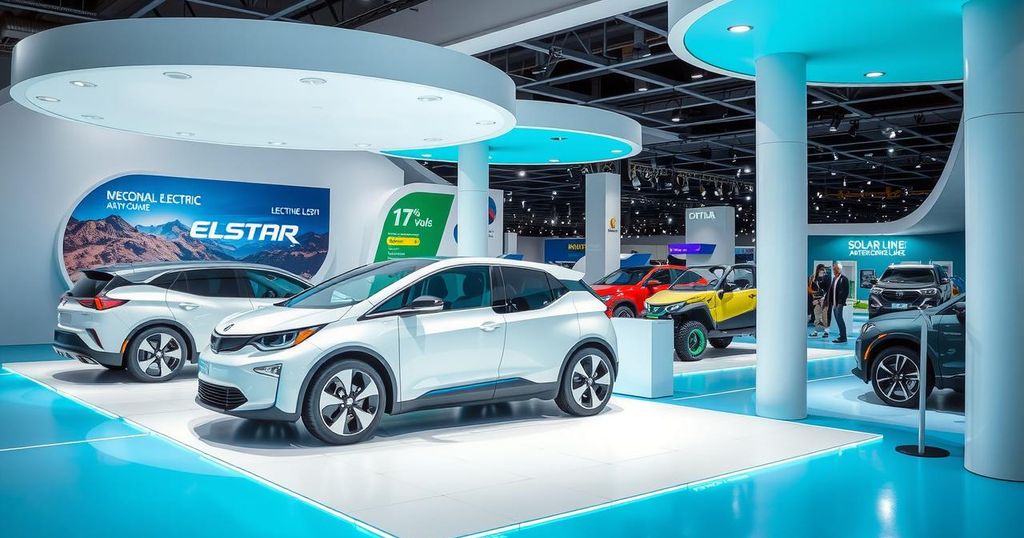Tesla Inc. Expands to Saudi Arabia Amid Declining Sales in Other Markets

Tesla Inc. announced plans to enter the Saudi Arabian market by April 2025, looking to leverage new growth opportunities amid falling sales in Europe and the U.S. The company will unveil its offerings at a press conference in Riyadh on April 10. Saudi Arabia’s Vision 2030 initiative significantly promotes electric vehicle startups, positioning itself as a growing hub for EV manufacturing.
In an announcement made on March 26, Tesla Inc. plans to enter the Saudi Arabian market by April 2025, marking a significant expansion in the Middle East, where it previously had no presence. As the largest market in the Gulf region, Saudi Arabia offers Tesla new growth opportunities amid declining sales in established markets, particularly Europe and the United States.
The company intends to unveil its electric vehicles, humanoid robots, and solar-powered products during a press conference in Riyadh on April 10, with expectations that the Model Y and Cybertruck will be prominently featured in its launch strategy. Tesla’s sales in Europe have declined by 42.6%, while protests concerning Elon Musk’s management decisions have arisen in the U.S.
Saudi Arabia’s Vision 2030 initiative aims to diversify its economy, leading to substantial investments in electric vehicle startups, such as Lucid Group, which received significant funding from the Saudi Public Investment Fund (PIF). Lucid established a manufacturing plant in Saudi Arabia in 2024, representing a growing interest in local EV production.
Although Musk has previously dismissed reports regarding negotiations for a Tesla factory in Saudi Arabia, industry experts suggest local production may become essential if import regulations become more restrictive. The kingdom is actively fostering local manufacturing across various sectors.
Saudi Arabia is also nurturing its own electric vehicle ecosystem, exemplified by Ceer, the nation’s first EV manufacturer, which has partnered with Rimac Technology to produce high-performance electric drive systems. Ceer, a collaboration between the PIF and Foxconn, aims to attract $150 million in foreign direct investment and potentially add $8 billion to Saudi GDP by 2034.
Tesla, headquartered in Austin, Texas, specializes in the production of electric vehicles, charging stations, and energy storage systems. It outlines a varied business strategy that includes leasing services and after-sales support, in addition to manufacturing.
In 2018, Musk and Tesla reached a settlement with the Securities and Exchange Commission, paying $40 million to resolve securities fraud charges that stemmed from misleading tweets by Musk about the company’s potential privatization. Although there is no current indication that Musk is seeking funding from the Saudi government, analysts recognize the Saudi sovereign wealth fund’s capacity to invest significantly in Tesla amid the company’s sales challenges.
Tesla’s entry into the Saudi Arabian market represents a strategic shift as the company seeks new growth opportunities amid declining sales in Europe and the U.S. With the backing of Saudi Arabia’s Vision 2030, and collaboration with local initiatives like Ceer, Tesla aims to establish a significant presence in the Gulf region. The company’s showcase of advanced electric vehicles in Riyadh underscores its commitment to innovation and expansion, despite past controversies surrounding its leadership.
Original Source: www.intellinews.com




